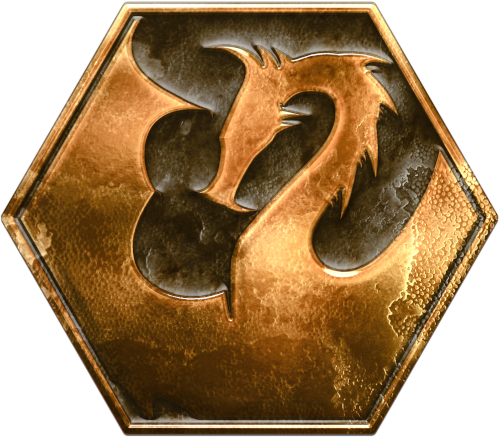no, i am not referring to a monk(though this could be applied to any class)
Doesn't that already weaken your argument, that it applies to any class, not just Fighters? It would seem your argument is "Intelligence should matter for all combats ever" now.
these statements are asserting that a combatant's inteligence is NEVER something that contributes to their ability to fight, a fighter could be a genius and that wouldn't affect their combat one jot because all that matters is their physical strength, they wouldn't be able to outwit, outplan, observe and learn and strategise against their opponent, nope! all that matters is the size of their muscles!
To turn your own question around at you then: What SHOULD Intelligence be doing here, then? Because the things you just described-outwitting, out planning, observing and learning and strategizing--are exclusively the domain of
the player herself, not the Fighter she plays. Characters cannot outwit or outplan anything--they are words and numbers on a page.
Players outwit and outplan. (Also, observation is Wisdom, not Intelligence, but that's a separate argument.)
For the purpose of D&D combat, the only statistics which matter for doing damage are Strength or Dexterity, unless magic gets involved (e.g. Bladesingers, Pact of the Blade,
shillelagh, etc.) The only stat which matters for taking hits is Constitution. Avoiding damage is trickier, since saving throws mean any stat
can be used for that, but Intelligence saves are generally about realizing illusions are illusory or avoiding brain-altering stuff (like having your brain eaten).
D&D does not--and with the exception of 4e,
has not--ever had any mechanics which tie Intelligence to defense. In 4e, you added the higher of your Dexterity or Intelligence modifier to your Reflex defense, and also to your AC if you were wearing Light armor, and of course numerous classes had attacks that keyed off of Intelligence.
let's frame this differently, using wizards, we have two wizard both 20th level, the first is 'dumb but strong' he has all his spell slots but the only spells they know are fire bolt, burning hands and fireball, the second wizard is 'smart but weak' he has a full selection of spells but his slots only go up to 5th level(still on 20th level progression though), even though they are theoretically 'weaker' the latter wizard would be better equiped to secure victory in the fight due to having more options.
I'm...not really sure that that's the case.
Fireball scales very well and defeats enemies rather thoroughly. Being limited to
only 5th level spells is a pretty substantial limitation at level 20, even if you have several of them. I'm not really sure this analogy communicates what you want it to communicate, so let me attempt to present what I understand your (original) argument to be in my own words.
You see Intelligence as the stat which governs a character's ability to plan and exercise forethought. As a result, you feel it is not only something that should apply to combat, it should be
obvious that it applies to combat--after all, thinking about what is going to happen next is a critical skill for combat. As a result, when you hear me say that I don't think there's a lot of room for interesting mechanics which key off of this, you find my position confusing at best.
I've got a few problems with this. One of them is that that's not actually what the Intelligence stat is. Intelligence is about memory and deduction, not planning and forethought.
No stat in D&D covers planning and forethought--because that is meant to be left up to the actual person at the table, the human being running the character. If you fail to exercise good forethought and planning, you suffer the consequences; if you exercise good forethought and planning, you don't. Another is that the only stat that is even plausibly related, albeit only tangentially, is
Wisdom because "good judgment" is among its ridiculous grab-bag of important effects. Some DMs will punish players who dump Wisdom by forcing/inducing them to do stupid crap (=display a lack of forethought and planning)--and guess what, there have in fact been Fighters that used Wisdom in past editions (most notably 4e, where a Str/Wis Fighter was actually quite potent.)
To use your own "let's put this in a different light" approach: In D&D terms, you are asking to be able to use the ability to remember facts and figures, solve equations, memorize book contents, and draw logical conclusions...as your ability to cause harm to other beings or to avoid being harmed by other beings. Quite literally, you're asking to be able to use "book smarts" as a defensive tool. That's...just not what Intelligence
does, unless you're going well out on a limb.
I think it's quite possible to go out onto that limb
with a subclass. I don't think it should be something ALL Fighters do--especially because doing that would thus punish every Fighter that doesn't prioritize Intelligence. I
certainly don't think it's something absolutely every character should do.



